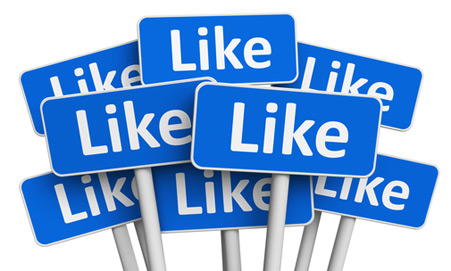There was a dark era when parents would ignore their teenage spawn if a “like” was uttered in their conversation. “I can’t hear you,” a mother would say to her eye rolling daughter. “It’s LIKE a big deal, or it IS a big deal?” Well, times are a changin’, or something. Professor, author, and our syntactical hero, Paula Marantz Cohen, has written up her justification, In Defense of “Like,” in The American Scholar.
The use of “like” by young people does not signal an irreversible linguistic decline. My own children have gone through phases of use. The most extreme period was in their mid-teens, with a gradual falling off after the age of 17 or so, and occasional resumptions during summer vacations or periods of stress. In the classroom, I notice that students use the word more frequently when discussions take a more personal or self-reflexive turn.
It’s certainly irritating when “likes” are scattered about a sentence, ruining the Subject Verb Object organization, but it’s true that it allows for a pause. When the people I know use “like,” it’s often to deliver emotional news they’re uncomfortable with. “My parents are, like, really not getting along too well.” In these instances, the “like” usage becomes a “comfort” word, rather than a lazy clutch.
It gives those who are tentative or unsure a chance to sidle into a point. It is a marker for uncertainty.
And sometimes it’s just, like, hard to get a point across. Thanks for understanding, Cohen.








